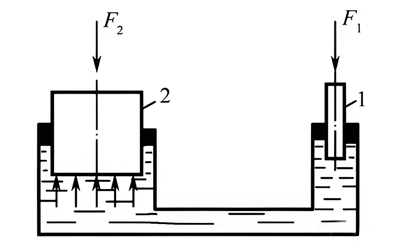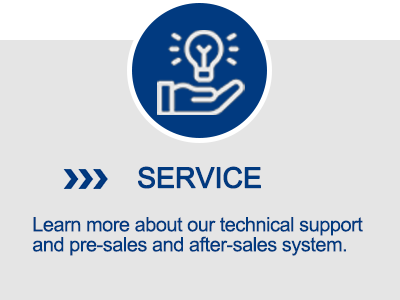A hydraulic press is a machine that uses a liquid as a working medium and is made according to the Pascal principle to transmit energy to achieve various processes. The working medium of hydraulic machines is liquid, mainly divided into two types. Those using emulsions are generally called water hydraulic machines, while those using oil are called oil hydraulic machines.
1. Water hydraulic machines - Emulsions are inexpensive, do not burn, and do not easily pollute the work site. Therefore, hydraulic machines that consume a large amount of oil and are used for hot working processes are mostly water hydraulic machines.
2. Oil hydraulic machines - In terms of corrosion resistance, rust prevention, and lubrication performance, oil is superior to emulsions. However, oil is costly and can also pollute the work site.
Hydraulic machines are widely used in the mechanical field, particularly in the forging industry for free forging, die forging, stamping, shearing, drawing forming, and superplastic forming. They are also used in other areas of the mechanical industry such as powder forming, plastic products, abrasive products, diamond forming, alignment pressing, packaging, brick pressing, rubber injection molding, sponge titanium processing, and artificial board hydraulic pressing.
It is widely used in the mechanical field, in the forging industry, hydraulic presses are used for free forging, die forging, stamping, shearing, drawing forming, and superplastic forming. It is also used in other areas of the mechanical industry, such as powder forming, plastic products, abrasive products, diamond forming, correction pressing, packaging, brick pressing, rubber injection molding, sponge titanium processing, and artificial board hydraulics.
The hydraulic press is one of the most widely used material forming equipment, applied to sheet metal, pipe forming, free forging, die forging, extrusion, plastic pressing, and other forming processes. The hydraulic press does not have a fixed stroke, does not overload due to variation in sheet thickness, and maintains constant pressure throughout the stroke. Hydraulic presses are suitable for small batch production, especially for large thick plate stamping parts.
The basic working principle of a hydraulic press is the Pascal principle. It uses the pressure energy of the liquid to deform the workpiece by relying on static pressure, or to compress and shape the materials.
In the figure, two chambers filled with working fluid and having plungers or pistons are connected by a pipeline. When a force F acts on the small plunger, a force F2 is generated upwards on the large plunger, forcing the workpiece to deform, and: F2=F1×A2/A1, where A1 and A2 are the working areas of the small plunger and large plunger, respectively.

Hydraulic presses generally consist of the main machine, power system, and hydraulic control system. The main advantages are:
- Easily obtain maximum pressure;
- Easily obtain a large working stroke and can exert full pressure at any position in the stroke, suitable for applications requiring a large working stroke;
- Easily obtain a large working space;
- Pressure and speed can be continuously adjusted within a wide range and can maintain pressure for a long time for a certain stroke according to the process requirements. Additionally, it is convenient for speed control and overload prevention;
- Convenient design, manufacturing, operation, and maintenance, and easy realization of remote control and automation.
However, in some applications, hydraulic presses also have some disadvantages:
- Higher requirements for the precision of hydraulic components, complex structure, and difficult machine adjustment and maintenance;
- High-pressure liquid leakage pollutes the work environment, wastes pressure oil, and poses a fire hazard for hot working areas;
- Low efficiency and slow motion speed reduce productivity. For rapid and small hydraulic presses, they are not as simple and flexible as crank presses.

XIRO-electric servo press/XIRO-hydraulic press/XIRO-mechanical powder compacting press
XIRO, an automated machine manufacturer, 24-hour response factory, with a professional engineering team 24 hours online technical service. All machines are CE certified, come with a 2-year warranty, and lifetime service. With 20+ years rich production experience, our equipment is exported to more than 60 countries. We provide customizable press machines and comprehensive productivity solutions, ensuring it's the most competitive, accurate solution to any assembly requirement! XIRO wishing you prosperity!

|

|

|




